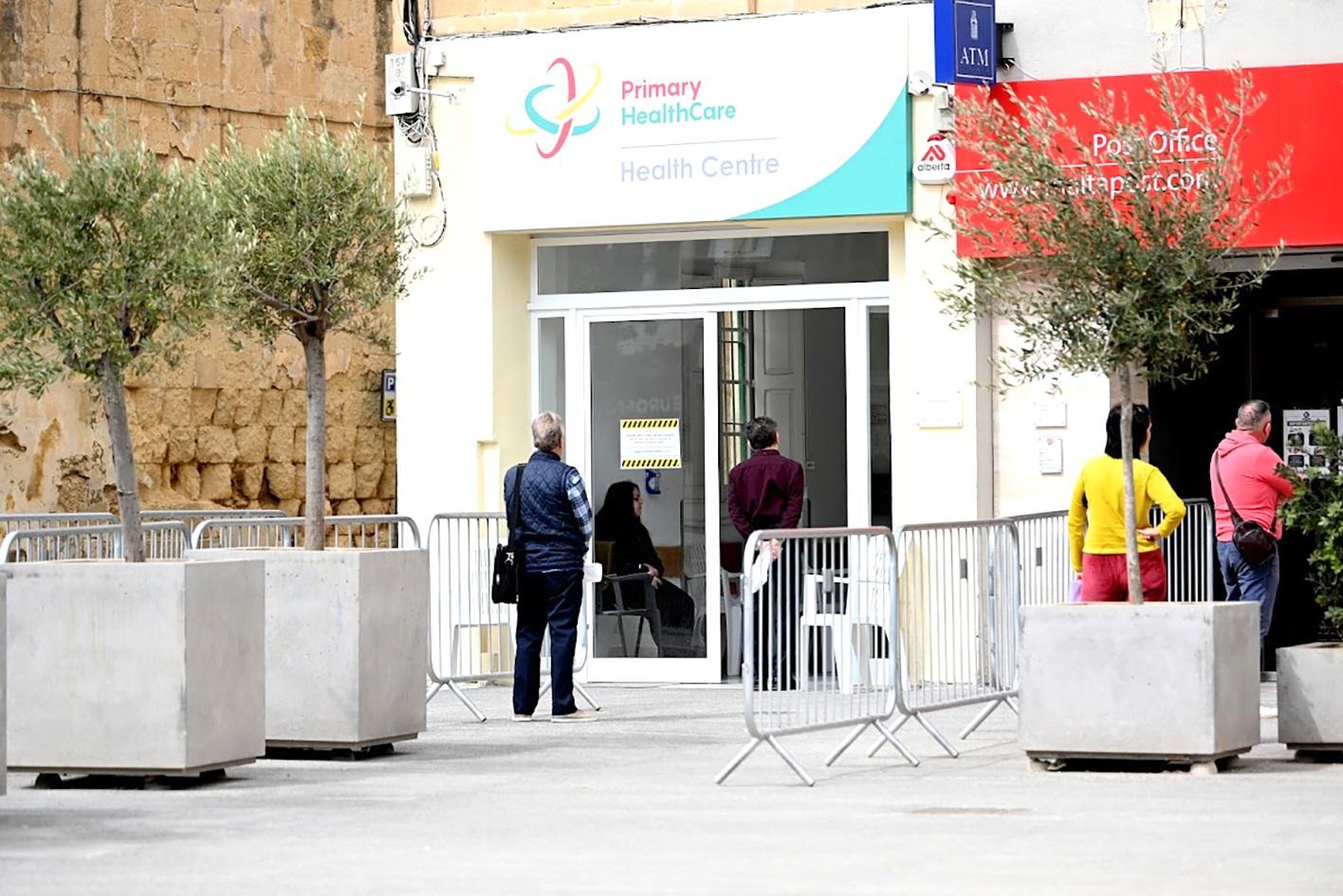Tackling inequity
Family doctors have a knack for noticing social problems without patients soliciting them. Depending on the catchment area, you encounter a particular demographic. State clinics service patients across a spectrum of social classes and may be the only reference point for the socially disadvantaged.
Older adults, by far, gather the greatest baggage and suffer in silence the loss of their previous independent identity, the alienation of grandchildren, the anxiety of COVID-19 and the nostalgia of their relationships. Longer livelihoods are not easy and risk becoming a pursuit of survival as pensioners risk outliving their savings with price inflation or being unable to afford proper care in cases of disability.
Mental health problems are common in older persons, especially after the advent of COVID-19 disrupted the livelihoods of families and scared some into permanent hiding. Family doctors diagnose mood disorders, such as anxiety, and may offer therapy, including antidepressants. Chemists will likely confirm that they have become the most every day privately sought-after medications prescribed.
 It takes several interventions to get a person back on their feet and clients who feel invested in and get proper care tend to get better. Photo: Mark Zammit Cordina
It takes several interventions to get a person back on their feet and clients who feel invested in and get proper care tend to get better. Photo: Mark Zammit CordinaThe other branch of the olive tree lies with social interventions. Social workers are invaluable for doctors to follow up with patients to assess how they are doing and assist in providing benefits for the disadvantaged, counselling and access to other services such as mental health, substance misuse clinics, human trafficking reporting and child protection.
Occupational therapists are still attached to secondary care hospitals in the public sector to manage people with difficulty performing tasks following surgery or a stroke. Access needs to improve at a community level to assist people who fear leaving their homes for reasons such as falls or phobias or gain new skills such as cooking and setting up a routine for work, participating in tasks, and education. These are desperately needed for communities that never got to know better.
Social worker-led case conferences are practically unheard of in the community, where multidisciplinary groups sit and talk about the well-being of a person. It takes several interventions to get a person back on their feet and clients who feel invested in and get proper care tend to get better. Doing so has proven to prevent inpatient bed rises and referral rates to nursing homes.
The biggest challenge is the need for more middle management common sense, subsidiarity, forecasting community requirements needs in tandem with other economic factors, audit and enforcement when planning such initiatives.
Like educational strategies, the system fails the individual if the aim is a numbers approach. A professional-led intervention with distinct strategies, including different stakeholders in targeted groups, will have longer-lasting benefits at a personal level.
Suppose family doctors, social workers and other community workers do not retain stewardship of a patient they come across several times more often than the hospitalist. In that case, we will keep getting what we deserve: a system that unnecessarily refers people for basic treatments and investigations to an overburdened outpatient secondary care. The latter has mutated into an inaccessible form of elite primary care interested in solving health problems rather than holistic interventions. Then, it won’t matter how many castles spring to the sky, as a dualistic mismatch between priorities and targets will leave patients with personally less efficient care despite a burgeoning service.
Dr Ian Baldacchino – member, Medical Council of Malta, Birżebbuġa